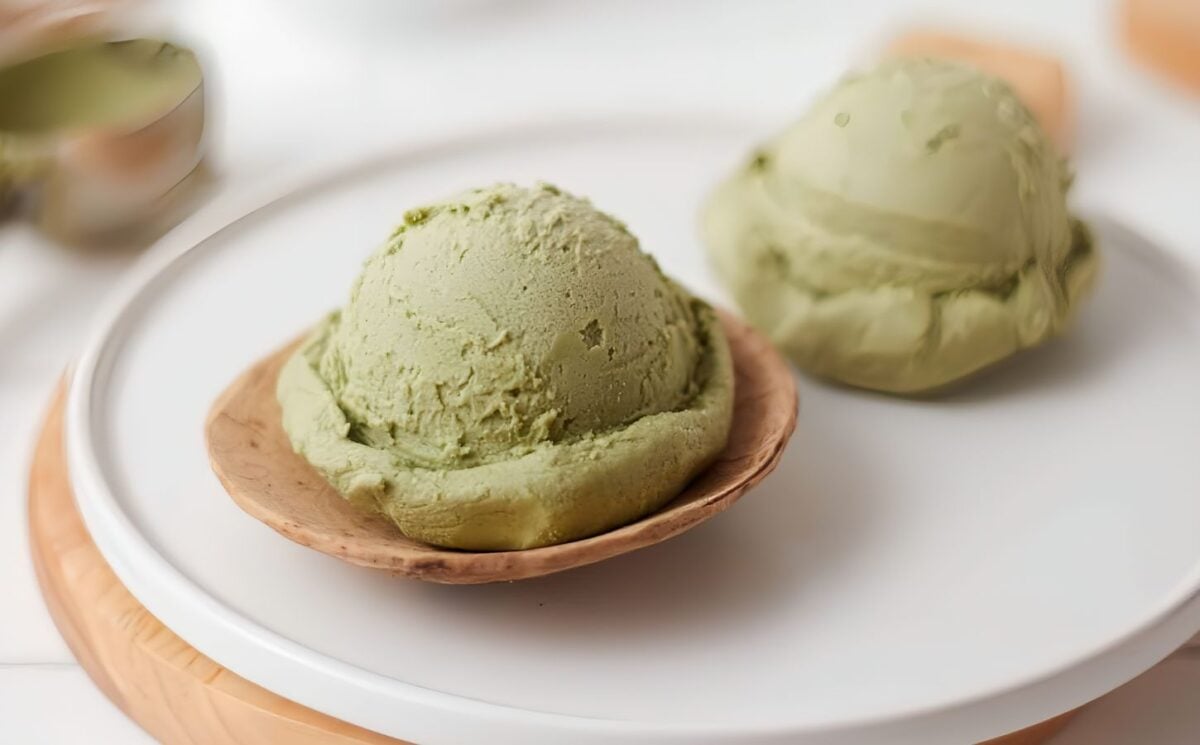The number of foods banned across the world , including citrus soda (because of a particular additive) in the U.K. and Japan, makes importing comestibles a murky territory.
Among the foods that are a delicacy in one country and banned in another is a British breakfast staple that can be deemed illegal if imported to the U.S.: black pudding , a blood sausage popular in Great Britain and Ireland that's a key part of a full English or Irish breakfast.

The dish has long carried a heavy stigma because of the ingredients used, the most controversial being pig's blood and sheep lungs. While not all varieties of black pudding are banned from being imported into the U.S.
, the country does not allow those prepared with sheep lungs. However, you can find both imported (sans lungs) and locally produced versions of black pudding at specialty stores across the U.S.
In 1971, the U.S. Department of Agriculture (USDA) banned lungs from the commercial food supply.
The dominant reason was that certain fluids, including those from the stomach, could get into the lungs during the slaughtering process and spread various diseases. The recipe for black pudding requires mixing pig's blood, pork fat, onions, spices, and oatmeal, which is then poured into a thick sausage casing. The casing is made either from beef intestines or dried blood, which is boiled before being cooled in cold water.
The amalgamation of unidentified innards or offal — animal organs and other leftovers — is considered unsafe for consumption in the U.S. Cultural limitations on black pudding While safety considerations keep certain types of black pudding from being imported into the U.
S., there are also cultural reasons why you won't typically find black pudding at your average grocery store. The earliest mention of the dish, which originated as a way to use all parts of the animal, can be found in the ancient Greek poet Homer's "The Odyssey" from around 800 B.
C. But this was in Europe, not the United States. Though kidneys and a few varieties of offal graced American dinner tables a century ago, especially during the Great Depression, the choice was driven more by need than preference.
Offal is commonly consumed in the American South, which carries a heavy Mexican influence and welcomes the use of innards in food. Certain regions and cultures around the country also use offal, like Louisiana and parts of Texas, where boudin (a type of blood sausage) has been adapted to Cajun usages. Even the Pennsylvania Dutch and Appalachian Americans indulge in scrapple and liver mush.
But some Americans still get squeamish about the idea of consuming them. What they often dread even more is pig blood, a key ingredient in black or blood pudding. Cooking with blood isn't common in American kitchens.
When done, it's mostly to accommodate other cuisines. For those curious about this rather intriguing recipe or natives hankering for the delicacy, a few specialty stores, like Jolly Posh Food , produce the dish locally. There's also the option of indulging in black pudding available in a canned English breakfast (yes, it's a thing).
If you happen to drive down south, the Mexican sausage morcilla comes the closest in taste..
Food

Why This British Breakfast Staple Can Be Illegal To Bring To The US

The United States has banned the import of an ingredient often used in a common British breakfast dish, but there are ways to try it without flying to Europe.















